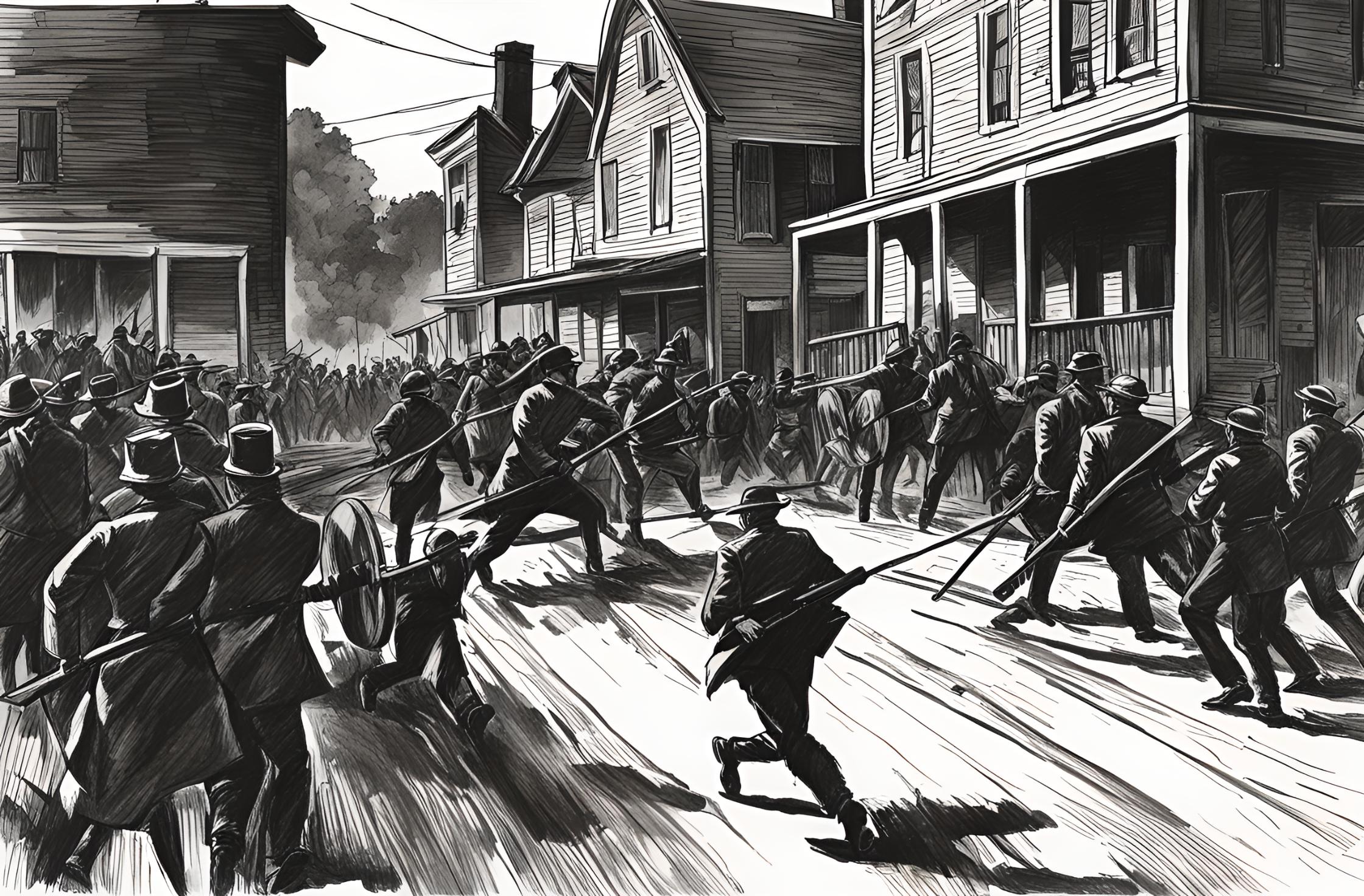Flashback to January 2
American History

The Elaine Race Riot, which unfolded on the 13th of October, 1919, marks a significant and tragic occurrence in the history of Arkansas. This event represents one of the largest instances of racial violence in the United States, a sober reminder of the social and racial tensions that marred the post-war era. The Elaine Arkansas race riot sheds light on how deeply entrenched racism was in American society during the 20th century.
The race riot in Elaine, Arkansas transpired against the backdrop of the Red Summer of 1919, a period marked by widespread racial violence across the United States. The immediate cause of the riot was a meeting of African American sharecroppers held by the Progressive Farmers and Household Union of America at a church in Hoop Spur, a small location near Elaine.
The objective of the meeting was to negotiate better conditions and pay for black sharecroppers who were oppressed by their white landlords. However, an altercation between the white security detail and black attendees outside the meeting spawned violence. In the chaos that followed, the rumor that a “black insurrection” was developing in Phillips County rapidly spread across white communities, further fanning the flames of discord.
Rumors and panic led to an immediate response from white mobs and law enforcement. Within the next few days, an alarming number of African Americans were killed, with estimates ranging from a hundred to even close to a thousand individuals, highlighting the devastating scale of this racial massacre. The National Guard was eventually summoned to restore order, but not before countless innocent lives had been taken.
It is significant to note that following the Elaine Race Riot, twelve African American men were hastily convicted of murder, effectively diverting blame away from the white mob’s actions. These convictions were largely facilitated by racial prejudice and coercion. However, the legal struggle against these convictions led to significant Supreme Court rulings, including Moore v. Dempsey in 1923, which highlighted the importance of due process and equal protection under the law.
Nevertheless, for decades, the Elaine Race Riot was obscured in history and public memory. These tragic events were often misrepresented or avoided entirely in mainstream historical narratives. Elaine Race Riot was often depicted as a ‘black insurrection,’ effectively shifting the blame to the African American community.
It wasn’t until the 21st century that the narrative began to shift, highlighting the Elaine Race Riot as an event of white violence and black victimhood, shattering the commonly held misconception of a ‘black insurgency.’ Today, the Elaine Race Riot is recognized for what it was – a racially motivated massacre of innocent African American sharecroppers who were merely seeking better terms for their labor.
The Elaine Race Riot of October 13th, 1919 holds immense historical significance. While it resulted in an immeasurable loss of life and grievance for the African American community, it also set a precedent in American law. It paved the way for crucial Supreme Court rulings that contributed to the Civil Rights movement in subsequent decades.
Moreover, the tragic event has had far-reaching social and cultural implications, too. The remembrance of the Elaine Race Riot serves as a stark reminder of the racial tensions that have long existed in the United States—a harsh reality that demands both acknowledgment and remorse. The event presents an opportunity for reflection on the progress we’ve made since that day and the areas where we must continue to strive for equality and justice.
We strive for accuracy. If you see something that doesn't look right, click here to contact us!

